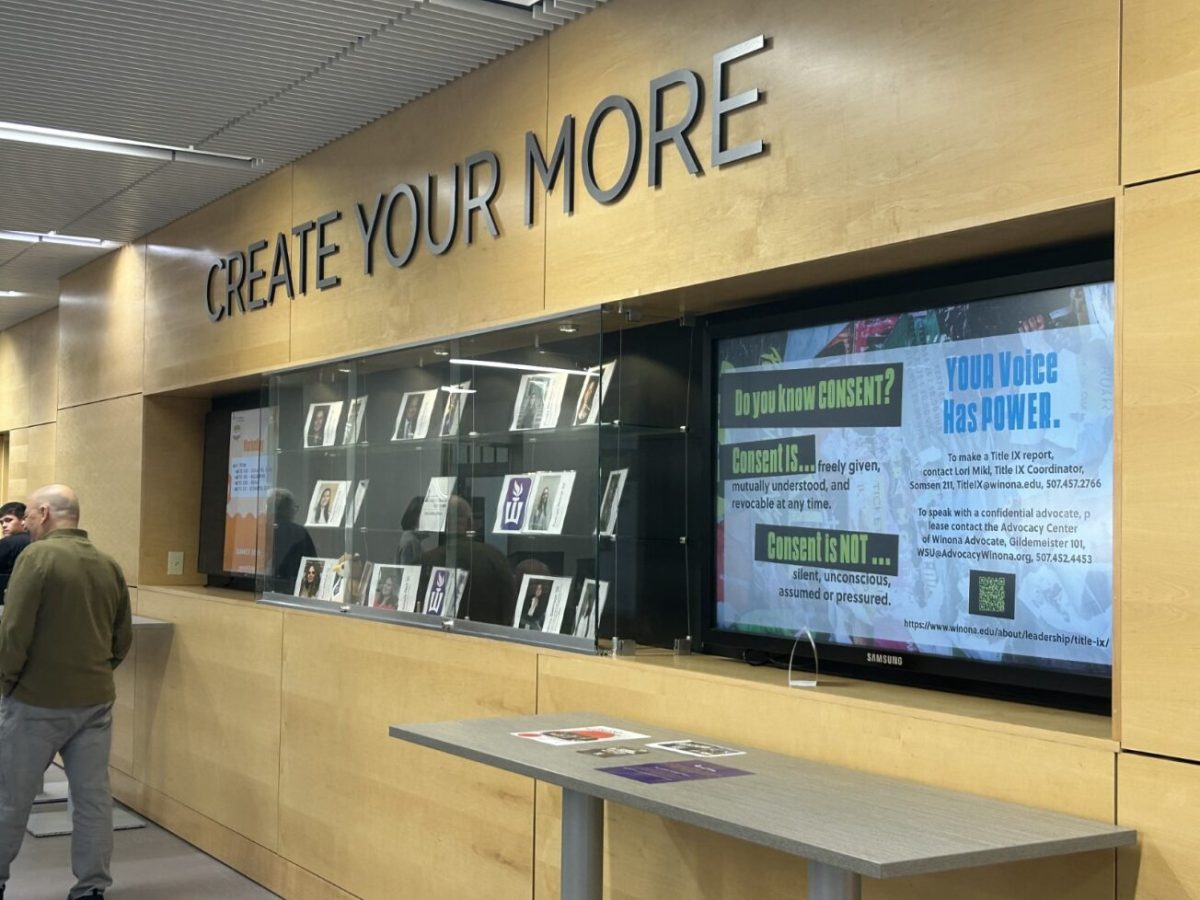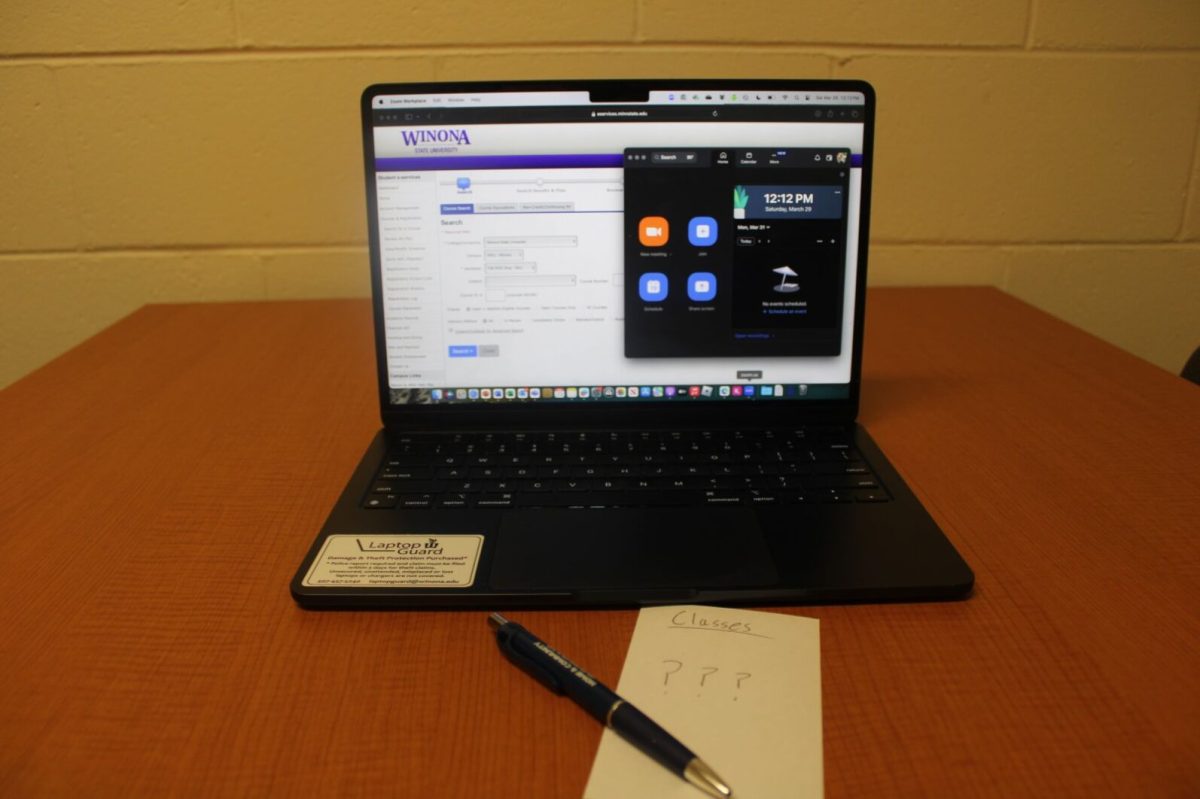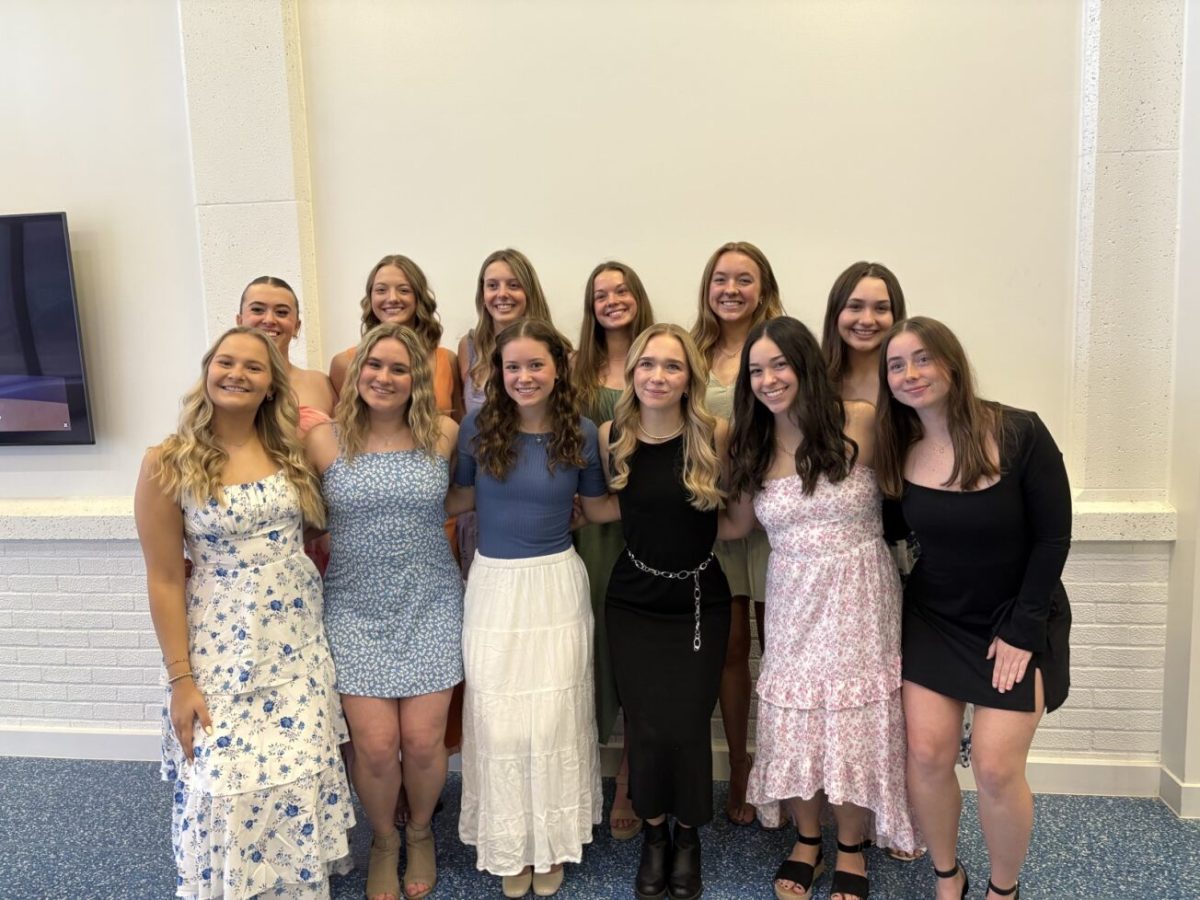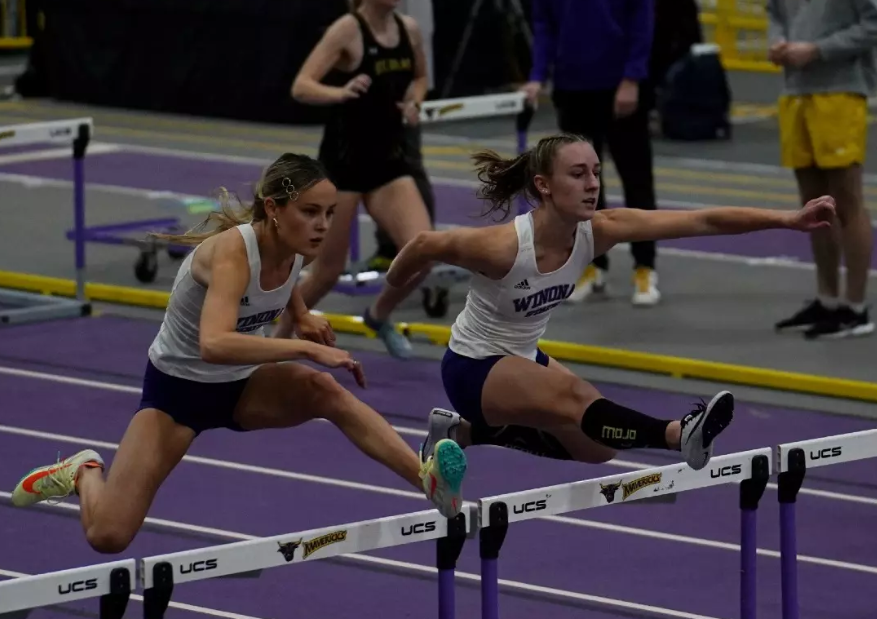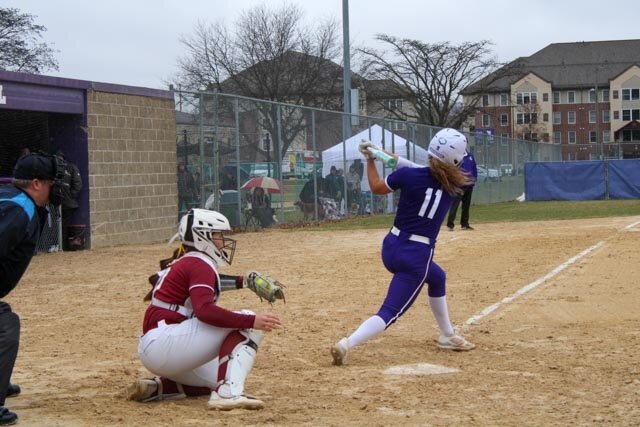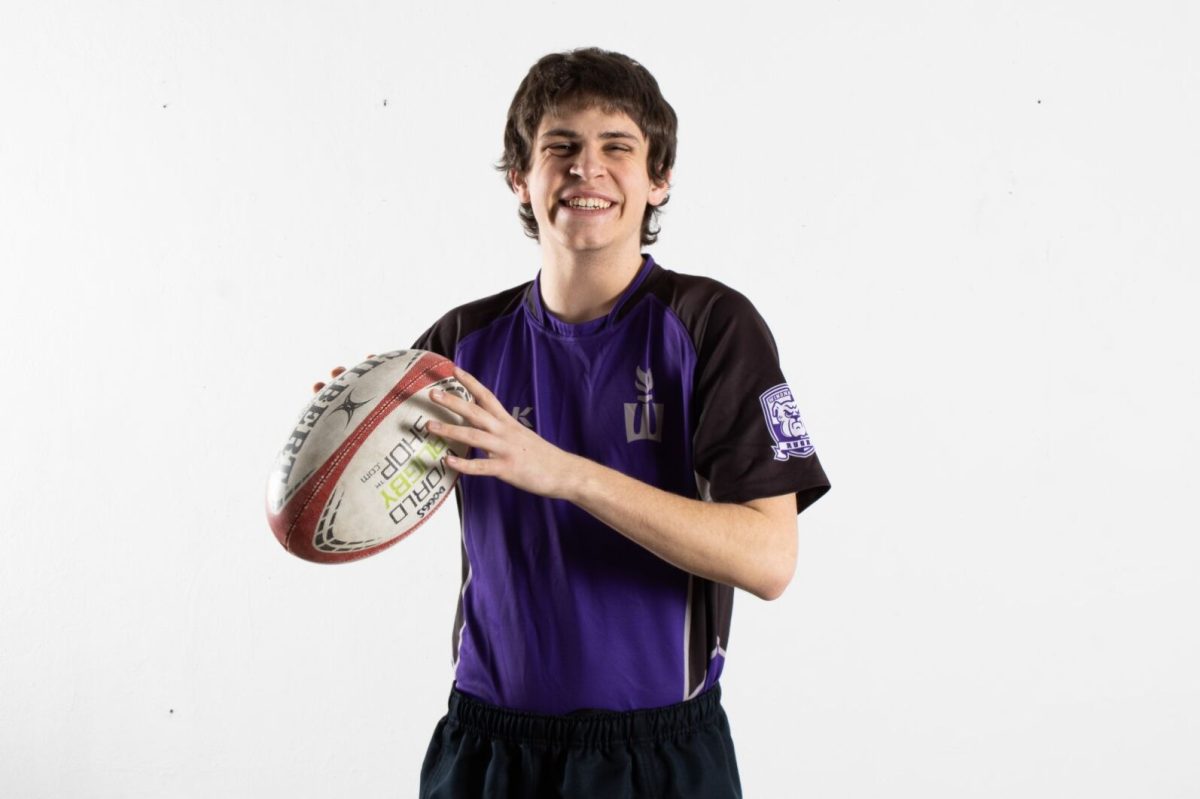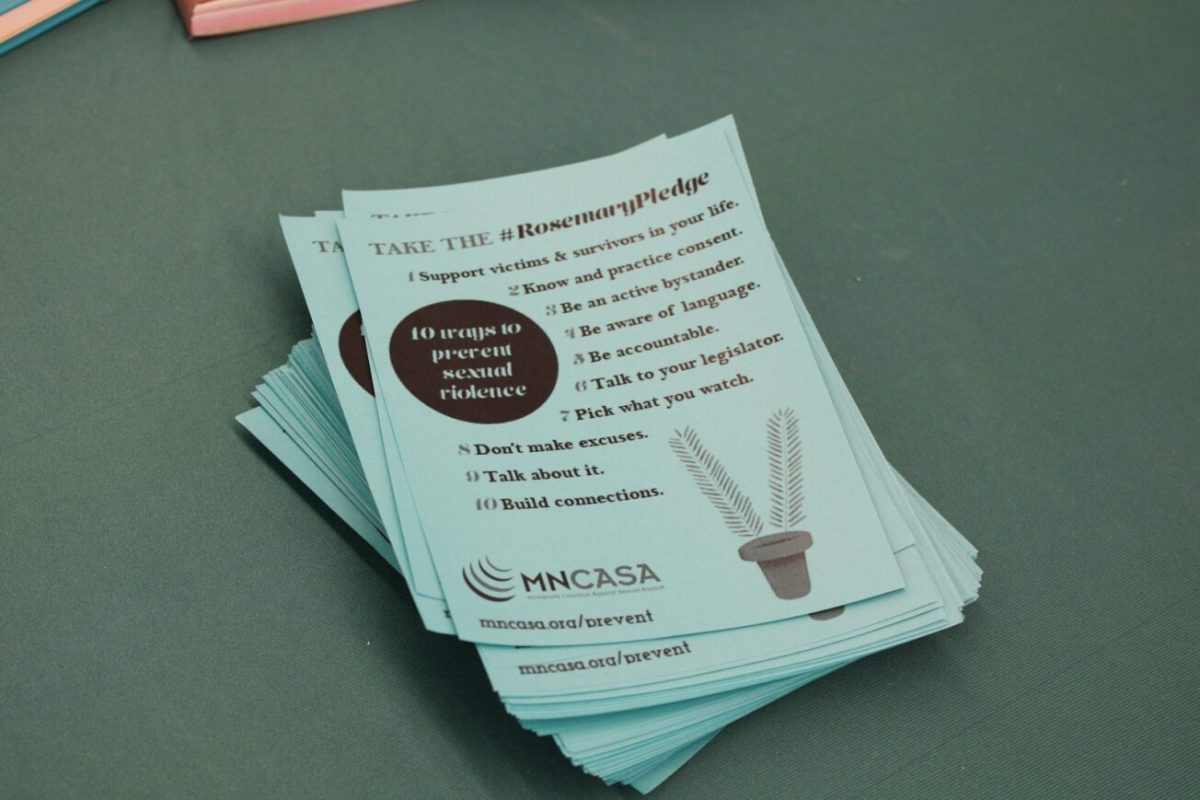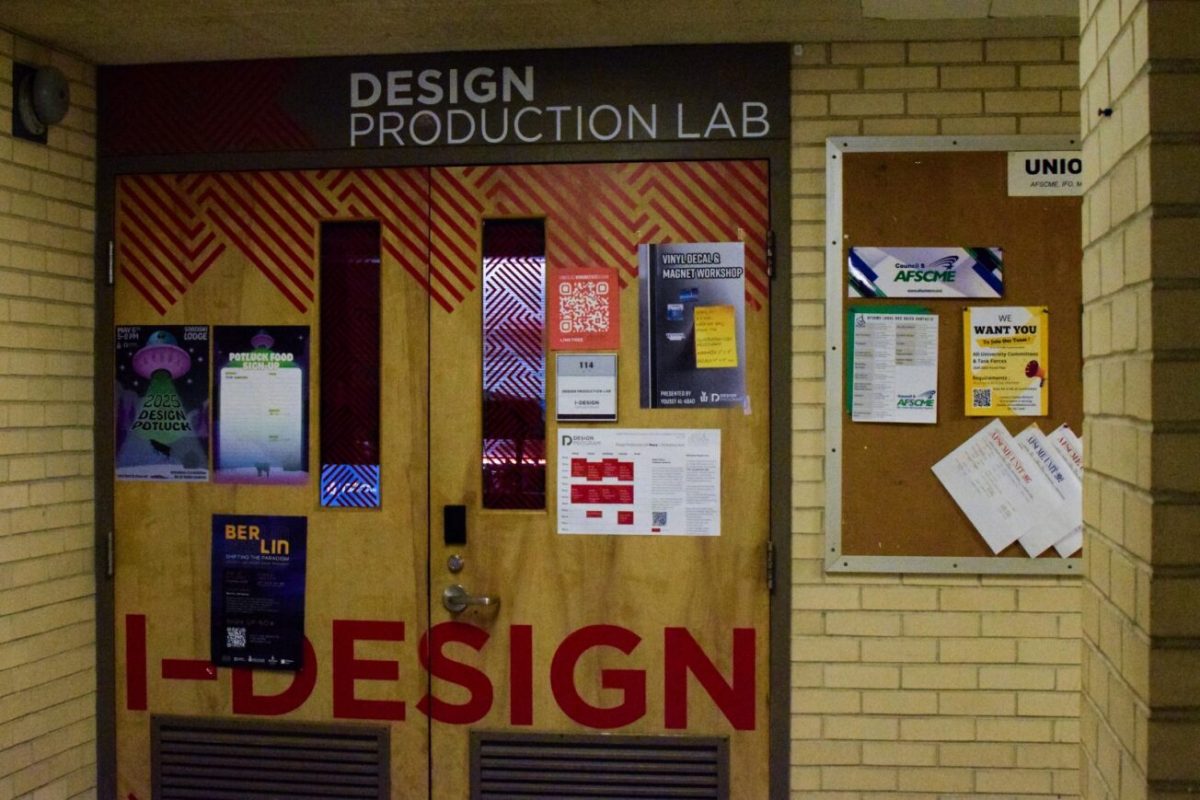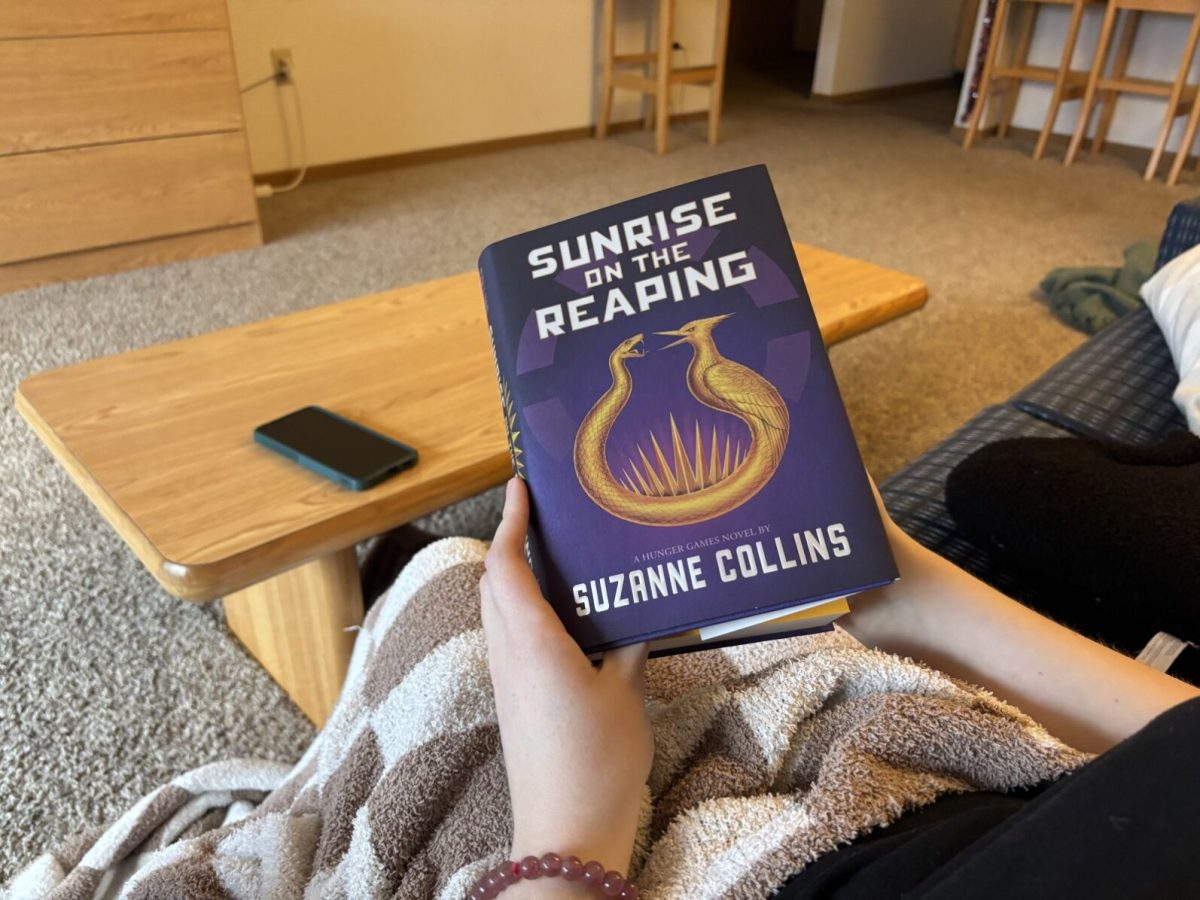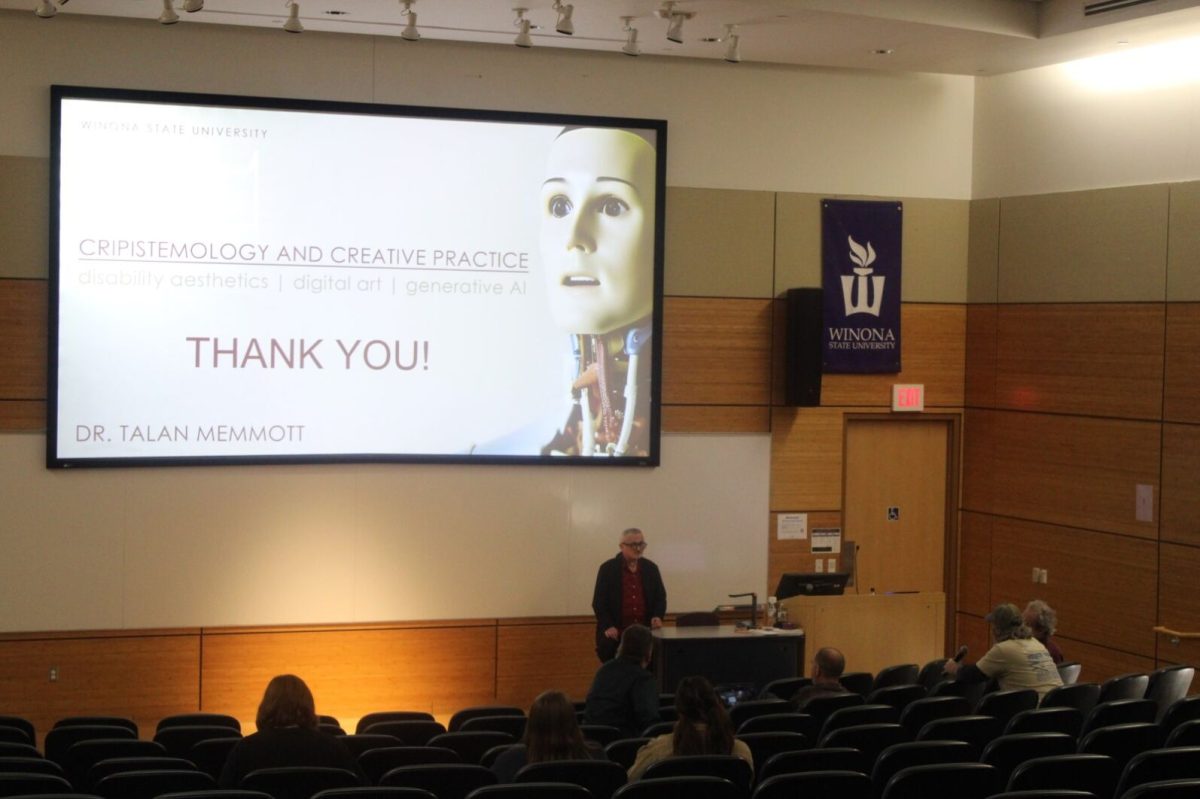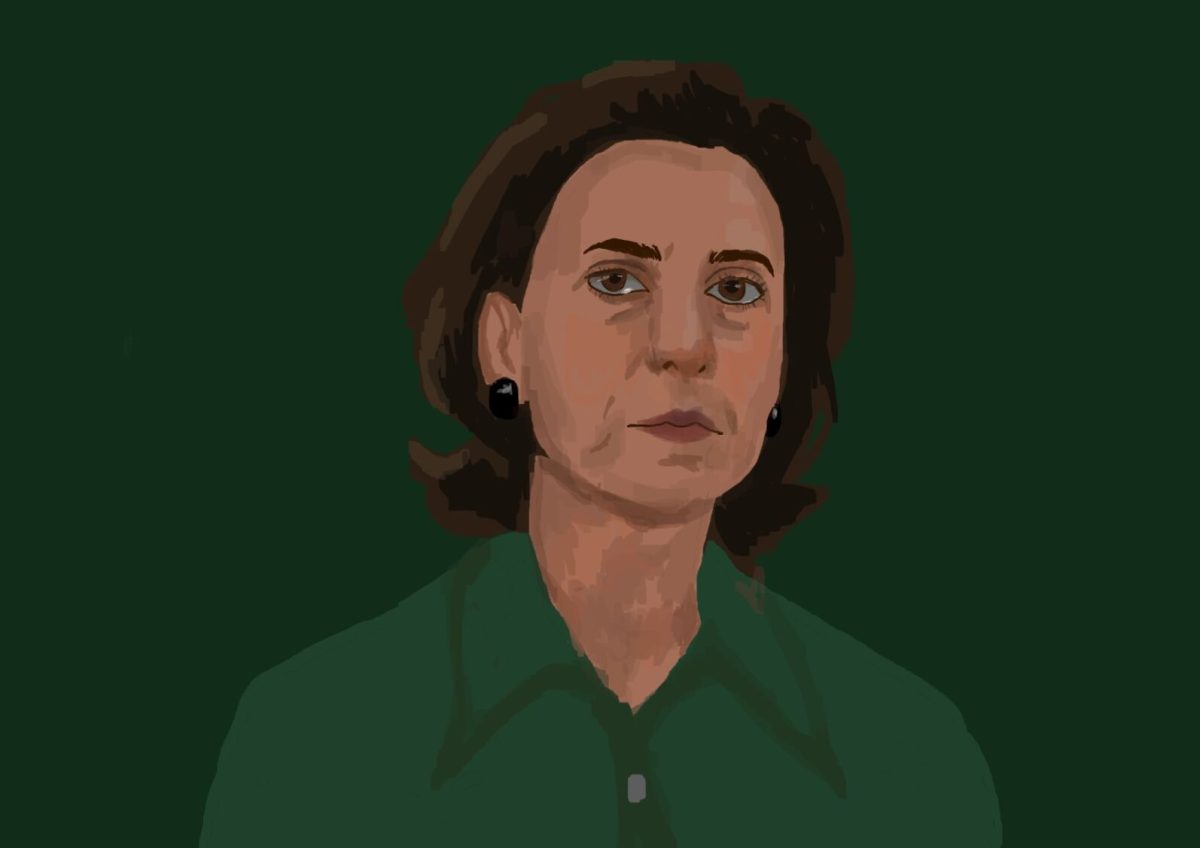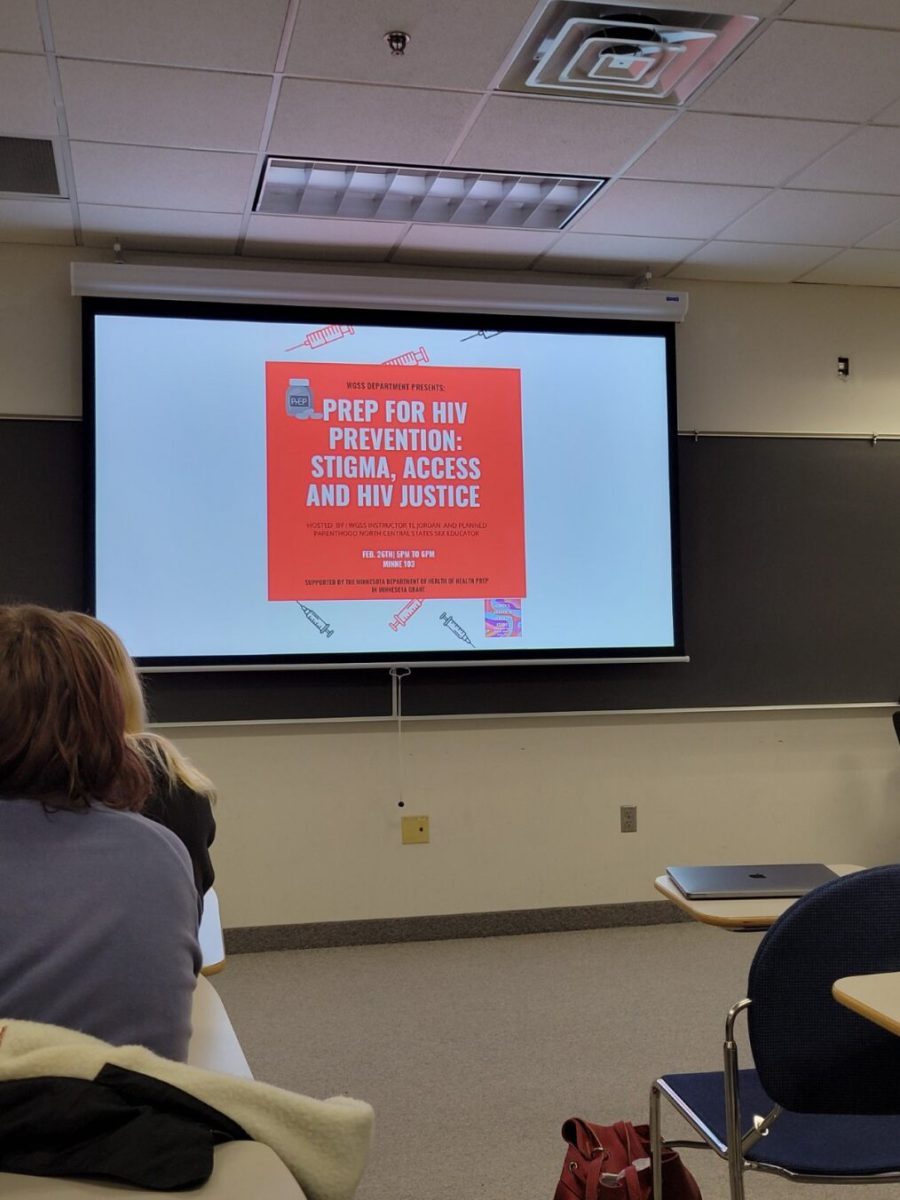Jordan Gerard/Winonan
The department of education raises many students to become teachers, but Winona State University is working on a new way to give those students hands-on experience.
The Education Village is a new idea that will rethink the training of teachers. It will re-establish Winona State as a model for training teachers, just as it did 155 years ago when Winona State founded schools in Argentina.
The Education Village will enable partnerships with area educators and recruit prospective students into the education program.
President Olson said students can learn by first-hand experience, because kids from area public schools will be able to visit and learn in the Education Village for a day and give education majors a chance to practice their skills.
Instead of constructing new buildings, project designers decided to renovate Wabasha Hall, Wabasha Recreation Center and the Cathedral Elementary building. The classrooms will have state-of-the-art tools and more space for students to learn and teach.
“We have nice underused assets that will become the Education Village,” President Olson said. “It will be like a mini-campus.”
The project is currently waiting for bond approval from the Minnesota state legislature. Once approved, the committee will begin designing and renovating the buildings.
Janice Sherman, dean of education, said, “We are very excited about this. It will enhance teacher preparation for the 21st century.”
The project is expected to cost approximately $20 million. The bond, if approved, will pay a majority of the cost, and grants will be written for specific technologies.
Winona State was the first teachers college west of the Mississippi River and helped establish Minnesota as a world leader in education. Finland is currently the leader in education, but with Education Village Winona State will be re-established as education leaders, President Olson said.
It will also help support newly graduated students for up to three years with tools and workshops.
There will be greater emphasis on internships, student teaching, special education programs and more.
It will be able to host educational events like Model United Nations and offer science, language arts, physical education and art programs to public school students.
The project is collaborating with four area school districts: La Crescent-Hokah, Rochester, Austin and Winona area schools including Cotter Schools.
The Education Village will give superintendents what they need and want in future teachers, making Winona State students highly desired, President Olson said.
Students might be able to start learning in Education Village as soon as fall 2016.
Contact Jordan at JGerard11@winona.edu


